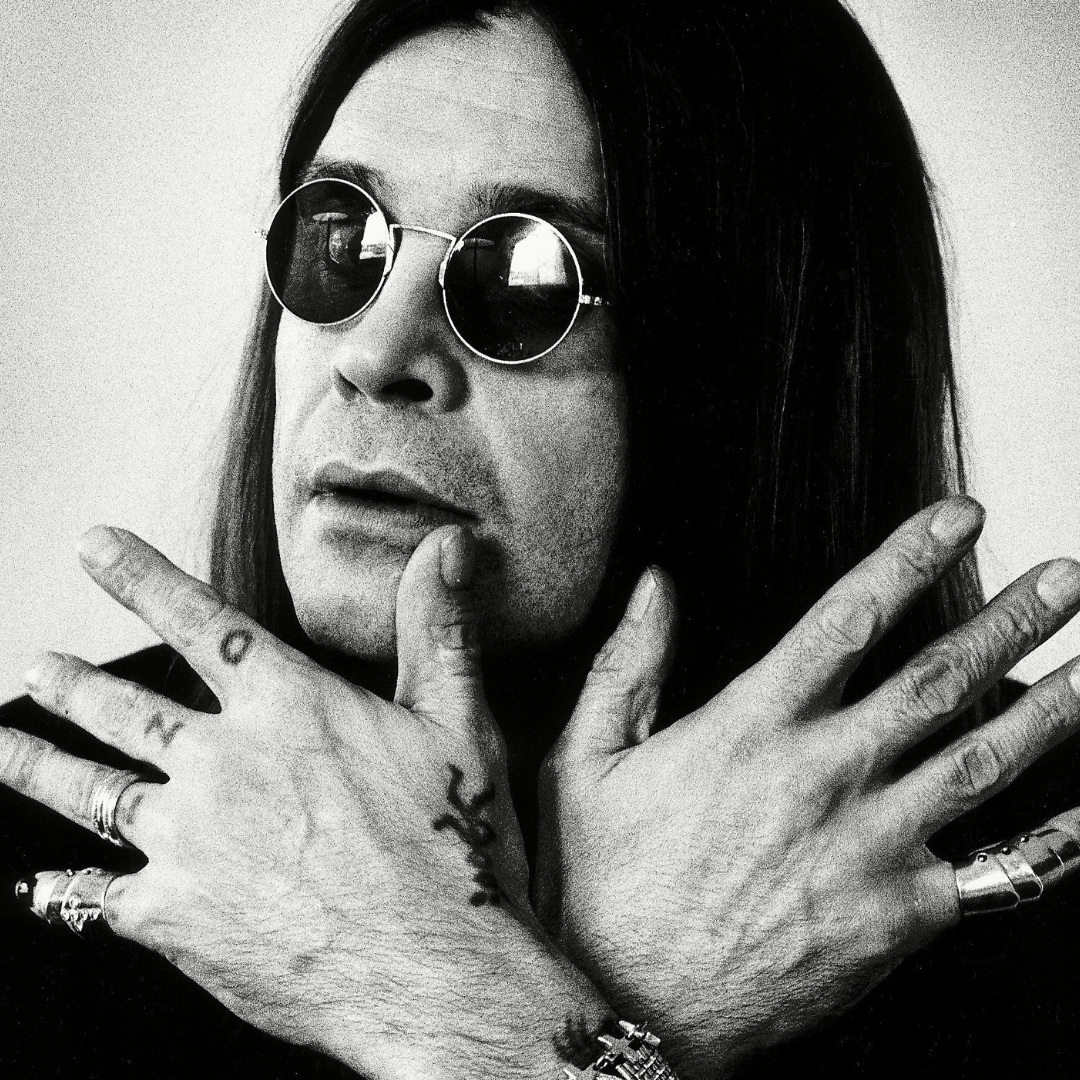Ozzy Osbourne, the legendary frontman of Black Sabbath and one of heavy metal’s most iconic figures, died today, his family announced in a brief statement requesting privacy during this difficult time. Although the family has not disclosed the official cause of death, Osbourne faced various health challenges in his later years.
Throughout his career, Osbourne battled substance abuse issues, but after achieving sobriety, he faced a series of medical problems, including neck injuries and a Parkinson’s disease diagnosis. He also contracted COVID-19 during the pandemic. At the time of his passing, he was 76 years old.

The Life and Legacy of Ozzy Osbourne
Born John Michael Osbourne on December 3, 1948, in Birmingham, England, Ozzy’s early life was far from easy. He left school at 15 and worked various jobs before forming Black Sabbath alongside Tony Iommi, Geezer Butler, and Bill Ward. Despite initial critical skepticism, Black Sabbath went on to define heavy metal with landmark albums like Paranoid and Master of Reality.
After being dismissed from the band in 1979 due to his struggles with addiction, Osbourne launched a successful solo career starting with Blizzard of Ozz. His solo work earned him a place as a metal pioneer in his own right, with over 100 million records sold worldwide.

Osbourne’s influence extended beyond music. Alongside his wife Sharon Osbourne, he helped create Ozzfest, a groundbreaking metal festival, and became a pop culture icon through reality TV shows like The Osbournes. His autobiography, I Am Ozzy, further solidified his legacy as a candid and larger-than-life figure.
Ozzy Osbourne’s enduring legacy is that of a pioneering artist who transformed heavy metal and remained an unforgettable character in music history. Fans worldwide continue to mourn the loss of the “Prince of Darkness.”



